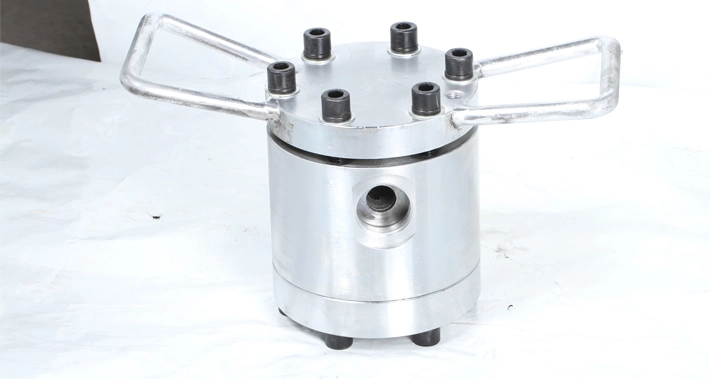English
Jul 11, 2024
Extruder filters are crucial components in the plastic extrusion process, serving a variety of essential functions to ensure the quality and integrity of the final product. In this article, we'll explore the role of extruder filters, their importance in plastic extrusion, and the different types available for various applications.

Plastic extrusion is a manufacturing process used to create a wide range of plastic products, including films, sheets, pipes, and profiles. During extrusion, raw plastic material is melted and forced through a die to form the desired shape. However, before the molten plastic reaches the die, it must pass through an extruder filter to remove impurities and contaminants that can affect product quality.
Extruder filter is primarily used to remove impurities, such as dust, dirt, metal particles, and polymer gels, from the molten plastic. These contaminants can arise from various sources, including the raw material itself, processing equipment, and environmental factors. If left unfiltered, these impurities can cause defects in the final product, such as surface imperfections, streaks, or weak points.
In addition to preserving product quality, extruder filters also help protect downstream processing equipment, such as dies, screens, and molds, from damage caused by contaminants. Particles or gels present in the molten plastic can clog or damage the equipment, leading to costly downtime, repairs, and production delays. By effectively filtering out these contaminants, extruder filters help maintain the integrity and longevity of the entire extrusion system.
Proper filtration is essential for achieving consistent process stability and efficiency in plastic extrusion. Contaminants in the molten plastic can disrupt flow rates, melt homogeneity, and temperature control, leading to variations in product dimensions, properties, and quality. Extruder filters ensure a uniform flow of clean material through the extrusion system, resulting in more predictable and reliable production processes.
Extruder filters come in various configurations and designs to suit different extrusion applications and processing requirements. Some common types of extruder filters include screen packs, melt filters, and screen changers. Screen packs consist of multiple layers of wire mesh screens with progressively finer openings to trap contaminants. Melt filters employ porous elements, such as metal or ceramic cartridges, to capture impurities in the molten plastic. Screen changers automatically replace clogged screens with clean ones to maintain continuous operation during production.